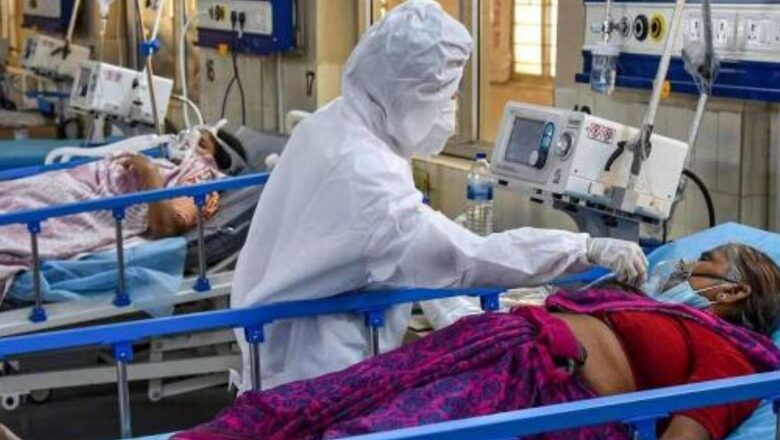
views
Even as the state gets some relief as number of Covid-19 cases lowers, new infectious diseases are reportedly on the rise, with H1N1 (swine flu) virus-related cases seeing the highest surge in five years.
The public health department shared data on Monday which shows that active Covid cases have dropped by 54 percent in the last 40 days, from 12,808 on August 1 to 5,862 on September 12, as per a report by Times of India. Additionally, for the past 50 days, deaths caused by Covid-19 have been down to single digits.
However, the state has seen a rise in other infectious diseases like dengue and H1N1 over the last three months. While dengue cases are lower than last year, the peak dengue season is still ahead and confirmed cases have cross 3,200 already. Over 600 cases of Chikungunya have also been reported, the report says, and it is very likely that number of cases this year will surpass the 782 mark in 2020.
Dr Subhash Salunkhe, a technical advisor on health matters with the state government, says that the surge in other diseases is normal. The pandemic and lockdowns eliminated transmission paths for diseases like dengue, he says, adding that the entire surveillance and reporting machinery for the last two years was focused on Covid cases. “It is, therefore, normal to see diseases returning to their normal range, but it shouldn’t intimidate health systems,” he tells Times of India.
The highest rise however has been in H1N1 infections with nearly 3,000 reported cases in the state this year, and 147 deaths, the highest in three years. There were only two lab-confirmed deaths caused by H1N1 last year and three in 2020, the report says.
Of this, Pune recorded the highest number of deaths with 36, followed by Kolhapur, Nashik and Thane with 15 each, while Mumbai has reported three deaths. However, doctors warn that the full burden of H1N1 infections may be unknown because its surveillance and testing is not comparable to Covid, the report states.
H1N1 has followed a cyclic pattern since its emergence in 2009, a state official told TOI. Cases decline for one to two years once there is considerable immunity build-up in the community, only to resurface again later.
Fever, cough, running nose and sore throat, head ache, body ache, fatigue, diarrhea and vomiting are symptoms of flu caused by the H1N1 virus.
Health experts have advised following safety protocols similar to Covid-19 — maintaining social distancing, wearing masks, using hand sanitizer and quarantining if one has symptoms.
Read all the Latest News India and Breaking News here




















Comments
0 comment